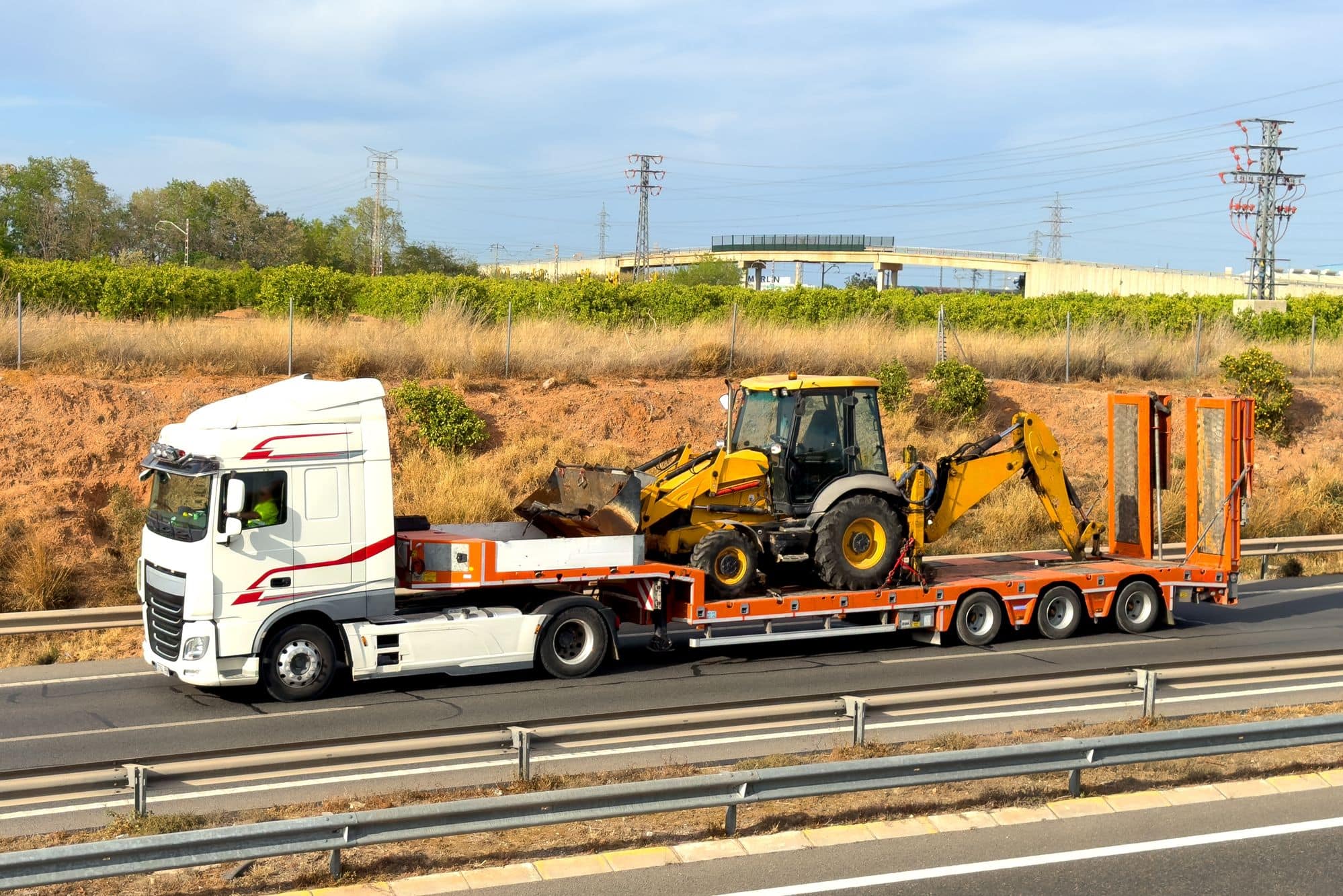
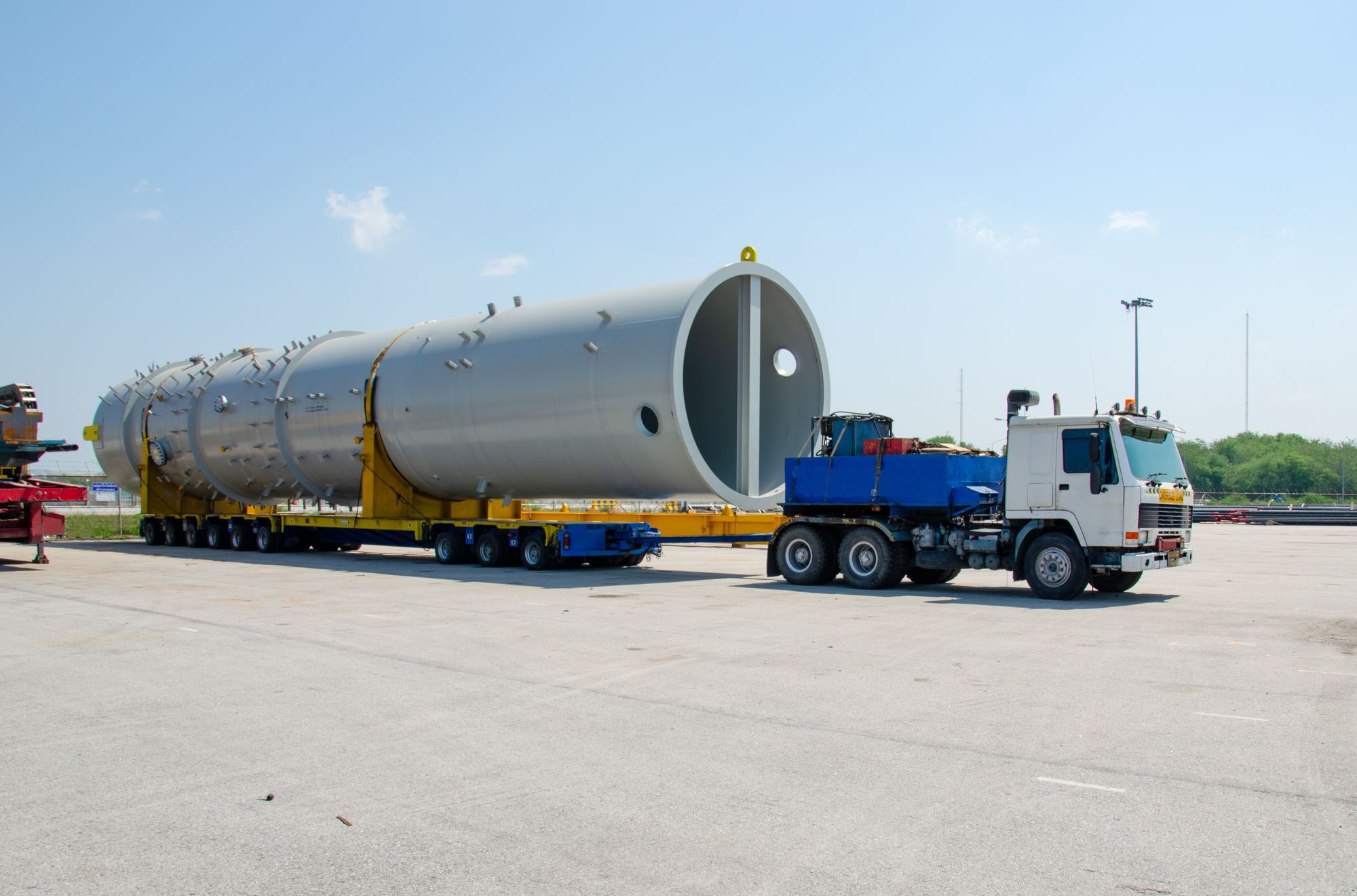
Your construction project stays on schedule when your heavy equipment arrives exactly when you need it. No surprise delays from permit issues or route problems that cost you time and money.
We handle the complete machinery transport process so your excavator, bulldozer, or specialty equipment gets from point A to point B safely. You get machinery that’s ready to work the moment it arrives on site.
Professional equipment moving company that understands Crosbyside’s terrain and local requirements means fewer headaches and more productive job sites.
We’ve been serving Crosbyside, NY and surrounding areas since 1997. What started as a logging operation evolved into full-time excavation services in 2020, with Josh’s son joining as partner in 2022.
This is a close-knit family business where Josh is present on almost every job. You’re working with people who understand Crosbyside’s soil conditions, drainage patterns, and local building requirements.
Other contractors in the area call us when they need excavation and heavy equipment transport done right the first time. That reputation comes from 25+ years of building lasting relationships with customers in Crosbyside.
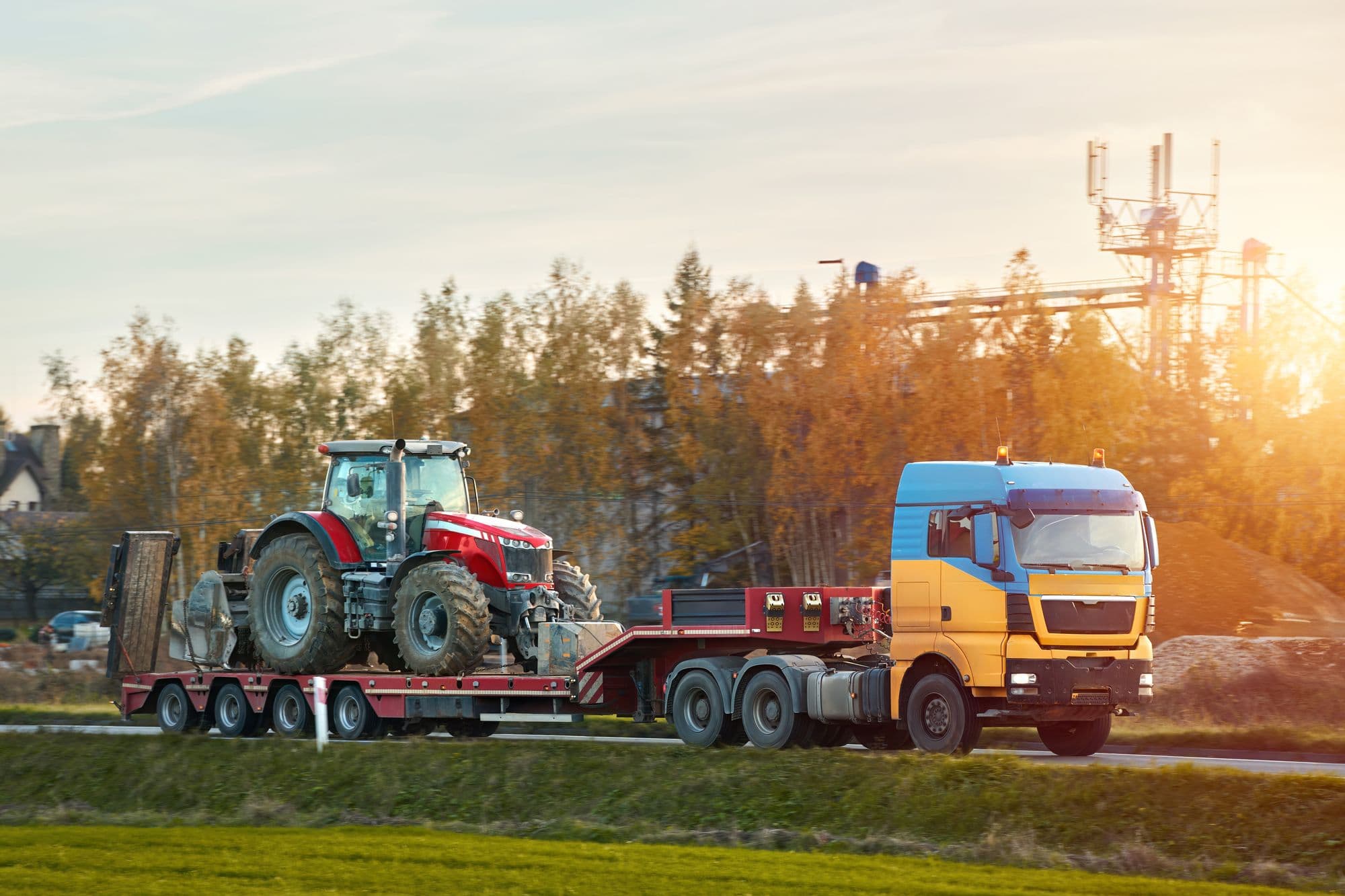
First, we assess your equipment and job site requirements in Crosbyside. You get a detailed estimate covering the complete scope of machinery transport with no surprise fees later.
We handle all permits and coordinate with local authorities before moving your heavy equipment. Our team uses professional-grade transport equipment sized for everything from compact excavators to large bulldozers.
Loading and securing happens with proper equipment and techniques that protect your machinery during transport. We plan routes that work with Crosbyside’s roads and any access challenges at your construction site.
Your equipment arrives ready to work, positioned where you need it. We stay until you’re satisfied with placement and ready to start your project.
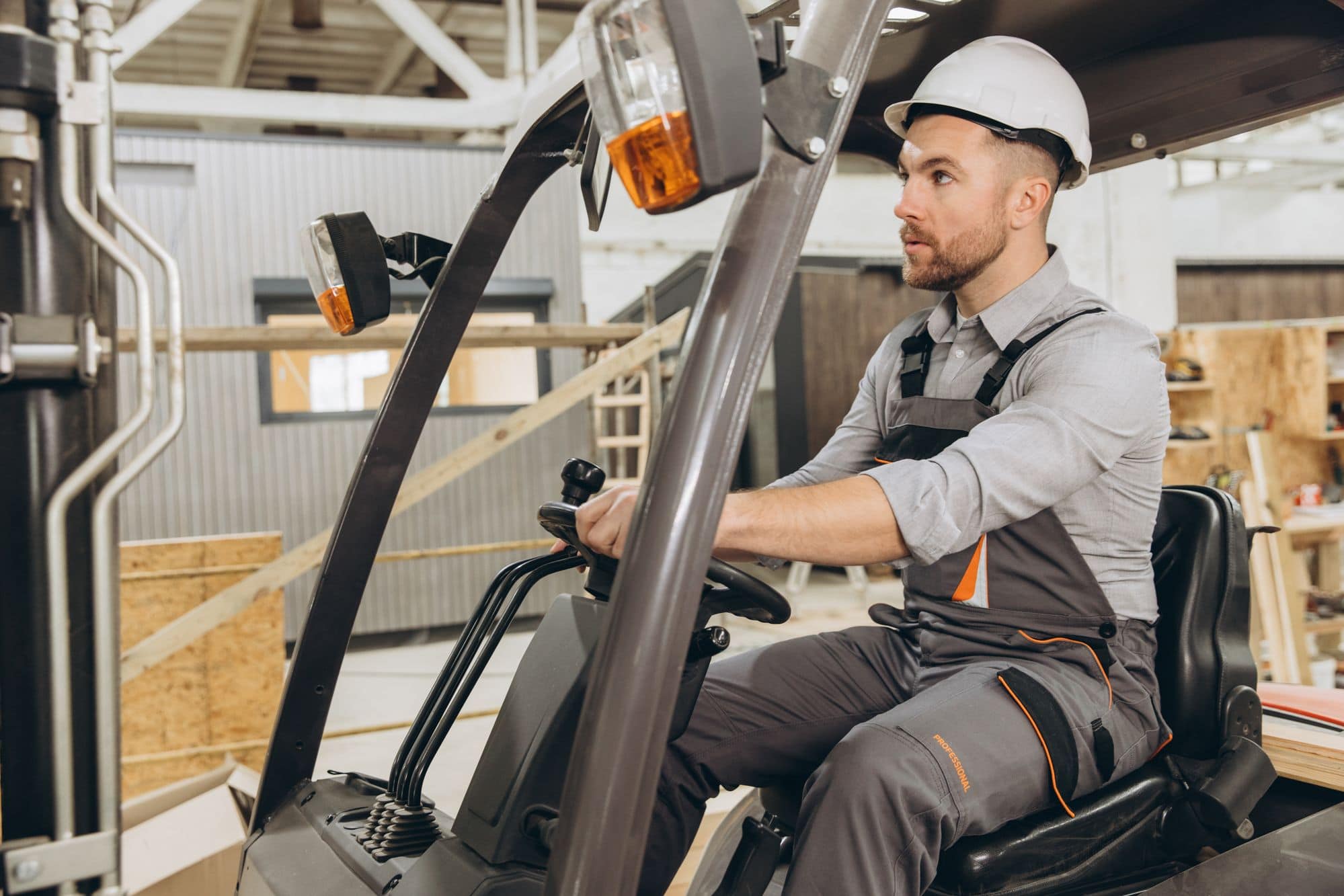
Ready to get started?
Heavy equipment moving in Crosbyside, NY requires understanding local terrain and access challenges. We transport excavators, bulldozers, skid steers, and specialty construction machinery throughout the region.
Our machinery transport services include proper loading equipment, route planning, and coordination with local authorities for any required permits. You get transport that works with Crosbyside’s road conditions and site access requirements.
We handle both short-distance moves within the Crosbyside area and longer transports to job sites throughout New York. Equipment arrives secured properly and ready for immediate use on your construction project.
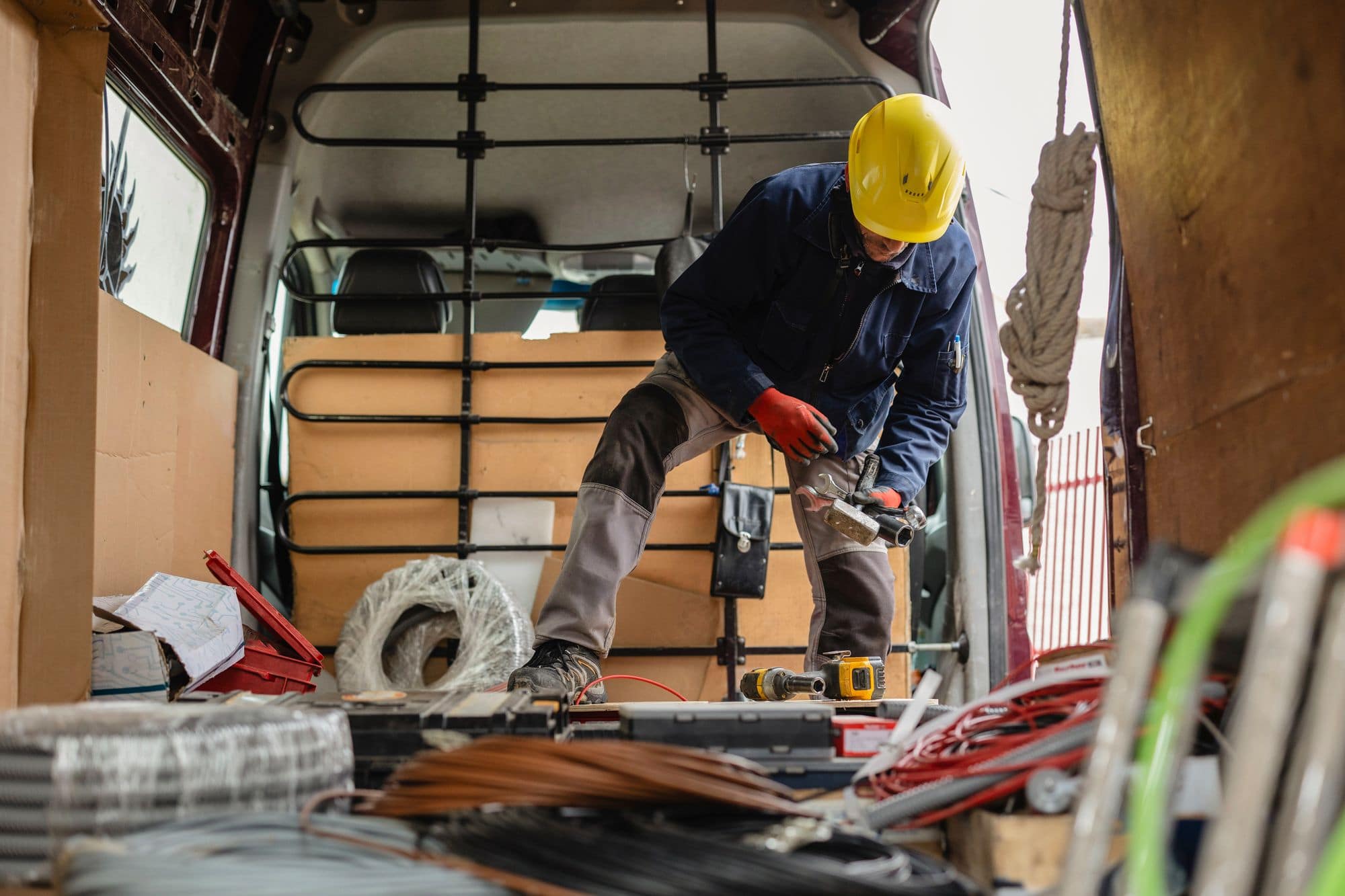
Heavy equipment transport costs in Crosbyside, NY typically range from $2.50 to $4.00 per mile for standard machinery, with final pricing depending on equipment size, weight, and specific transport requirements.
Larger or specialized equipment may require custom machinery transport solutions that affect pricing. We provide detailed estimates covering all costs including permits, loading equipment, and any special routing needs for Crosbyside area projects.
Distance, equipment dimensions, and job site access all factor into final costs. We give you transparent pricing upfront so you can budget accurately for your project without surprise fees.
Heavy equipment transport in New York requires oversize/overweight permits when machinery exceeds standard road limits for width, height, length, or weight. We handle all permit applications and coordinate with local authorities in the Crosbyside area.
Most excavators and bulldozers need special permits due to their dimensions. We work with NYSDOT and local municipalities to secure proper documentation before machinery transport begins.
Permit requirements vary based on equipment size and transport route through Crosbyside. Our team knows local requirements and ensures all paperwork is handled correctly to avoid delays or fines.
Local heavy equipment transport within Crosbyside, NY and surrounding areas typically takes 1-2 hours depending on distance and job site access. Longer distances throughout New York may require 1-2 days.
Transport time includes loading, travel, and positioning equipment at your Crosbyside construction site. We coordinate timing with your project schedule to minimize downtime and keep construction moving forward.
Weather conditions and permit requirements can affect machinery transport timing. We provide realistic schedules and keep you updated throughout the process so you can plan other project activities accordingly.
We transport heavy equipment ranging from compact skid steers to large excavators and bulldozers weighing up to 80,000 pounds. Our transport equipment handles most construction machinery used in Crosbyside, NY area projects.
Specialized machinery transport solutions are available for oversized or unusually configured equipment. We assess each piece of machinery individually to determine the safest and most efficient transport method.
Equipment with removable attachments may need partial disassembly for safe transport. We coordinate this process and ensure everything arrives ready for reassembly at your Crosbyside job site.
Yes, we carry comprehensive insurance coverage for heavy equipment transport including cargo protection and liability coverage. Your valuable machinery is protected throughout the entire transport process in Crosbyside, NY.
Insurance coverage includes protection against damage during loading, machinery transport, and unloading. We provide documentation of coverage and can adjust limits for high-value equipment when needed.
Our insurance meets all New York state requirements for commercial transport operations. You get peace of mind knowing your equipment investment is protected from pickup to delivery in the Crosbyside area.
We understand construction projects in Crosbyside sometimes need emergency equipment transport to keep work moving. We prioritize urgent moves when possible and work with your timeline requirements.
Rush machinery transport may require expedited permitting and specialized scheduling. We coordinate with authorities to fast-track necessary approvals while maintaining all safety requirements.
Emergency moves depend on equipment availability and permit processing times. Contact us immediately when urgent heavy equipment transport is needed and we’ll work to accommodate your Crosbyside project schedule.
Other Services we provide in Crosbyside